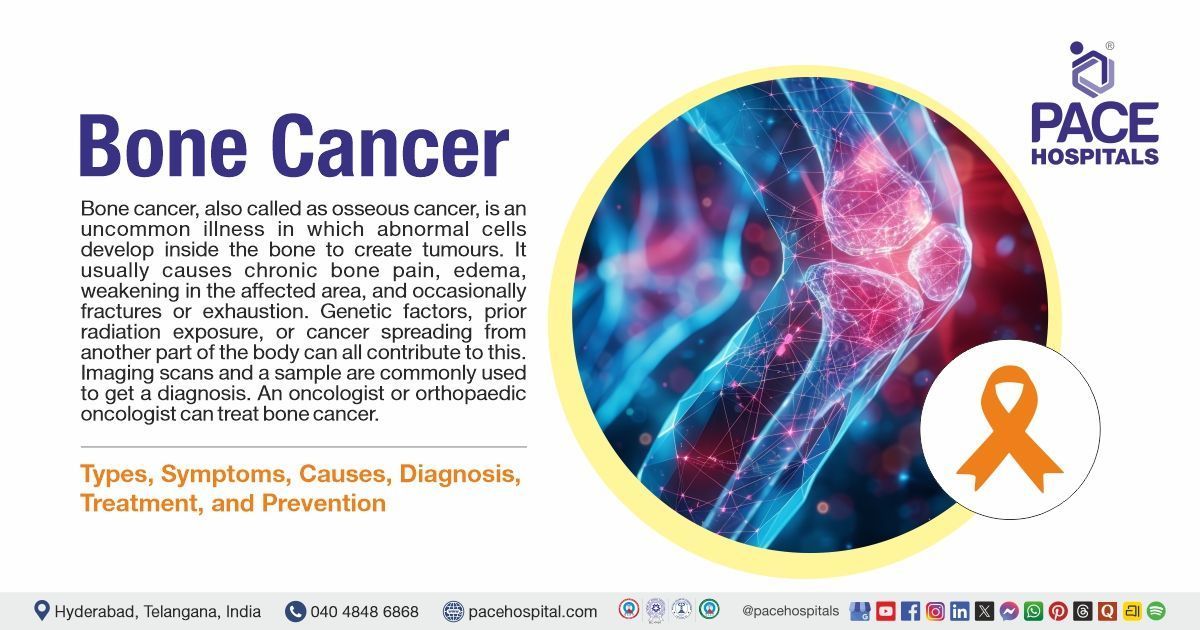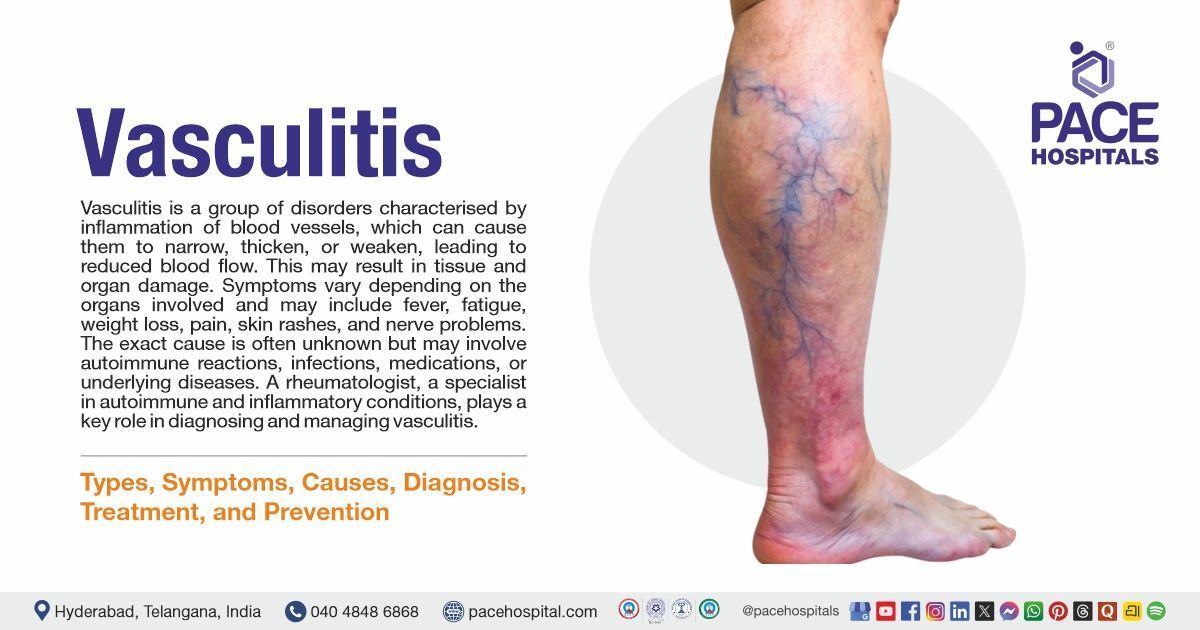Successful TURP Surgery Resolves Benign Prostatic Enlargement for 73-Year-Old
PACE Hospitals
PACE Hospitals' Urology team successfully performed a transurethral resection of the prostate (TURP) for a 73-year-old male with a benign prostatic enlargement (BPE), lower urinary tract symptoms (LUTS) and acute urinary retention (AUR) on a catheter.
A 73-year-old male patient with a history of
reduced urine flow,
was 3/59 (compressive), an ultrasound showing a 60 gm prostate with large median lobe and creatinine 0.99 was presented to the consultant laparoscopic urologist, Dr Abhik Debnath, at PACE Hospitals, Hitech City, Hyderabad.
Medical History
Delving further, it was understood that the patient had a history of
reduced urine flow, was 3/59 (compressive). A transrectal ultrasound (TRUS) or endorectal ultrasound showing 60 gm prostate with a large median lobe and creatinine 0.99 which led to his admission to the PACE Hospitals for additional care and management.
Diagnosis
Upon being admitted to PACE Hospitals and understanding the history and physical examination, the patient was subjected to a complete blood picture (CBP), viral screening spot, blood grouping, complete urine examination, random blood sugar, serum creatinine, serum electrolytes, prothrombin time, activated partial thromboplastin time and liver function tests (LFT).
Evaluating the diagnostic investigations, the patient was diagnosed with three conditions which are Benign Prostatic Enlargement (BPE), Lower Urinary Tract Symptoms (LUTS), and Acute Urinary Retention (AUR) on a catheter. Where the benign prostatic enlargement (BPE) also known as benign prostatic hyperplasia (BPH), is the non-malignant (non-cancerous) growth or hyperplasia of prostate tissue, which is a major cause of lower urinary tract symptoms (LUTS) in elderly men. Significantly, LUTS and BPH have been demonstrated to be related to various comorbidities, including acute urinary retention, bladder calculi, renal insufficiency, urinary incontinence, development of gross haematuria, and recurrent urinary tract infections (UTIs).
The patient also had the inability to empty the bladder completely which is known as urinary retention, Which is not an illness, but rather a symptom that can be linked to other health issues, such as prostate problems in males or cystoceles in women. It can be acute (a sudden inability to urinate) or chronic (a progressive difficulty emptying the bladder). Acute urine retention (AUR) occurs suddenly and lasts only a short time.
Treatment
After consultations with the team of laparoscopic urologists - Dr. Abhik Debnath, Dr. K Ravichandra along with a senior consultant urologist - Dr. Vishwambhar Nath, it was determined that transurethral resection of the prostate (TURP) surgery was the effective method for treating the patient.
A transurethral resection of the prostate (TURP) is a surgical technique that removes a portion of the prostate. TURP is usually recommended when prostate enlargement (benign prostatic hyperplasia) develops challenging symptoms and when medications do not work.
One day before the transurethral resection of the prostate (TURP) surgery urologists performed a complete blood picture (CBP), viral screening spot, blood grouping, complete urine examination, random blood sugar, serum creatinine, serum electrolytes, prothrombin time, activated partial thromboplastin time and liver function tests (LFT) to look for abnormalities.
Performing these investigations before transurethral resection of the prostate (TURP) surgery ensures that the urologists have a comprehensive understanding of the patient's condition and anatomy, which guides them in performing the surgery effectively and helps reduce the risk of complications.
With necessary investigations done & clearances obtained, which included a pre-anesthesia checkup, the patient underwent a transurethral resection of the prostate (TURP) surgery under spinal anesthesia. The procedure was supervised by the consultant laparoscopic urologist - Dr Abhik Debnath, and it was accomplished devoid of any complications.
The aftermath
The post-operative period was uneventful. Foley's catheter (a thin, flexible catheter to drain urine from the bladder) was removed on day 3. The patient voided urine comfortably.
The necessary medicines, antibiotics, multivitamins, analgesics, antipyretics & laxatives, proton pump inhibitors, and other supportive care were given along with the counseling. The patient was discharged upon achieving hemodynamic stabilization, with the necessary medications, and advised to continue routine medications, normal diet, and Kegel’s exercises as advised. The patient was advised to avoid constipation /straining for stools.
The patient was also instructed to contact PACE Hospitals at once in case of fever, abdominal pain, or vomiting. After 1 week, the patient was asked to get a review by Dr. Abhik Debnath with a biopsy report and urine culture report.
Importance of Kegel exercises after Transurethral resection of the prostate (TURP) surgery
Transurethral resection of the prostate (TURP) is the most effective method for managing benign prostatic hyperplasia (BPH) and reducing complications performed by urologist. TURP may result in bleeding problems, urine incontinence, urethral stricture, TURP syndrome, retrograde ejaculation, and erectile dysfunction.
Kegel exercises can effectively reduce urine incontinence and improve erectile function in older people who have had TURP. Kegel exercises can be a complementary nursing intervention to manage post-TURP problems. Early Kegel exercises after TURP can improve urine function, reduce dribbling, and prevent urinary incontinence episodes. Kegel exercises can strengthen the pelvic floor muscles. The mechanism of Kegel exercises on urine incontinence is to perform movements to tighten and relax the pelvic floor muscles, consequently lowering discomfort in the pelvic floor area and increasing blood circulation to the prosthesis, which will speed the wound healing phase. By contracting and relaxing the pelvic floor muscles, Kegel exercises can relieve discomfort, enhance circulation, reduce edema, and speed up wound healing.
Share on
Request an appointment
Fill in the appointment form or call us instantly to book a confirmed appointment with our super specialist at 04048486868











